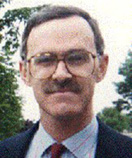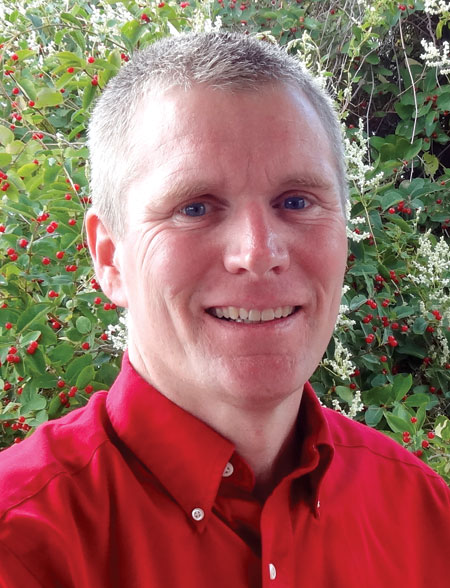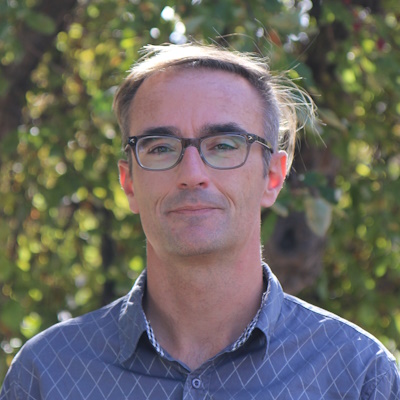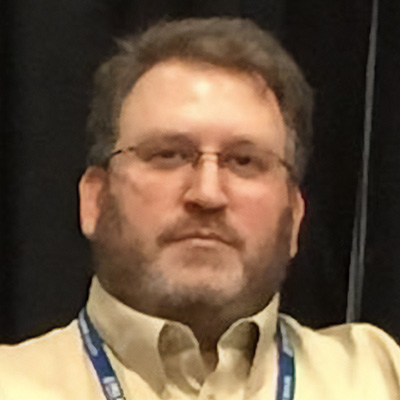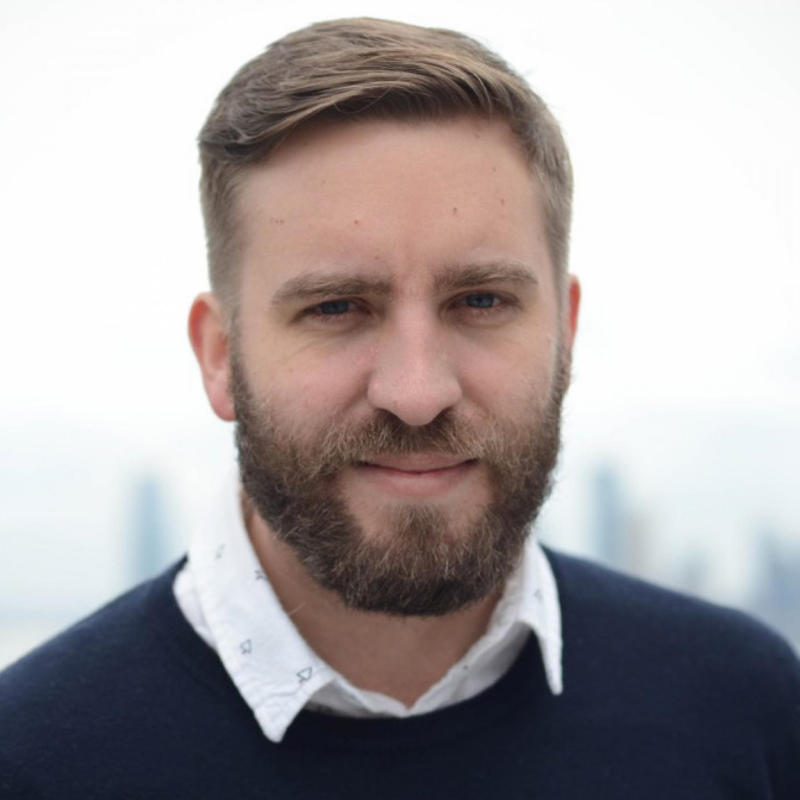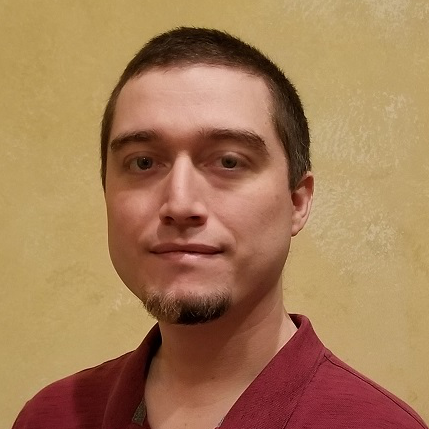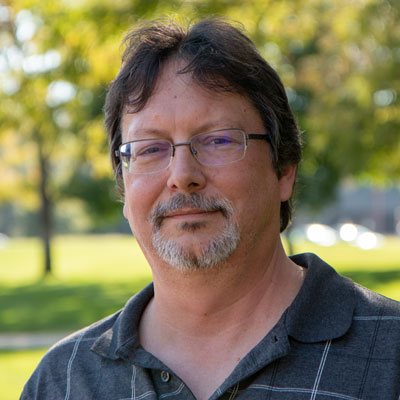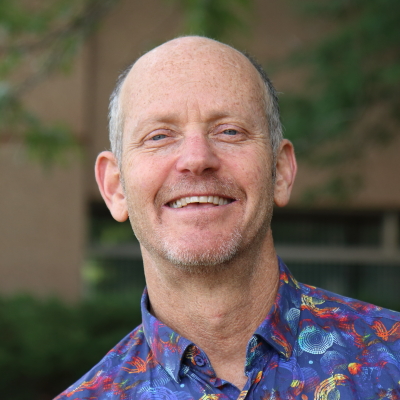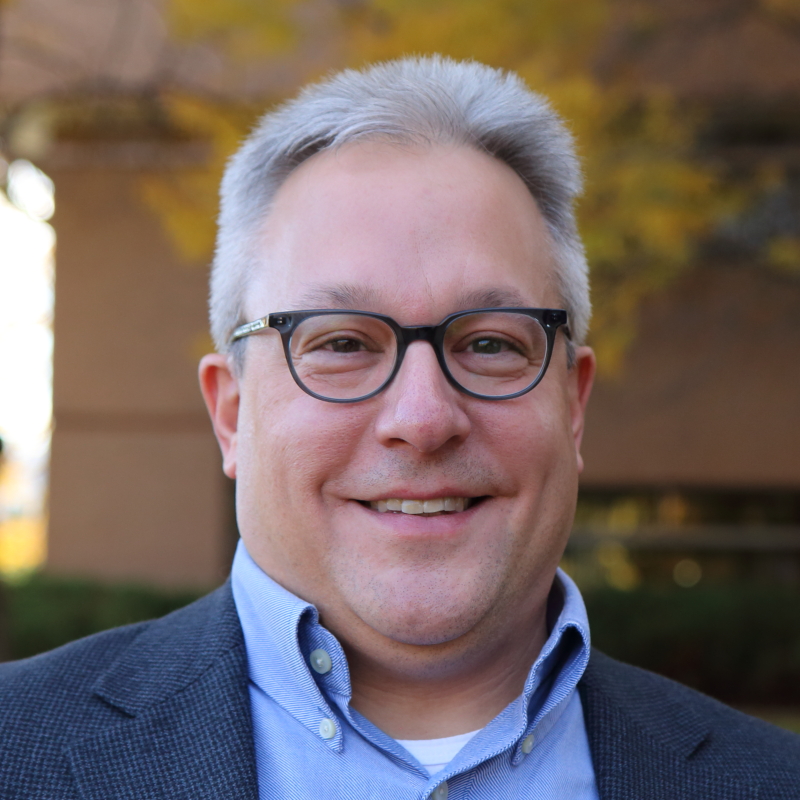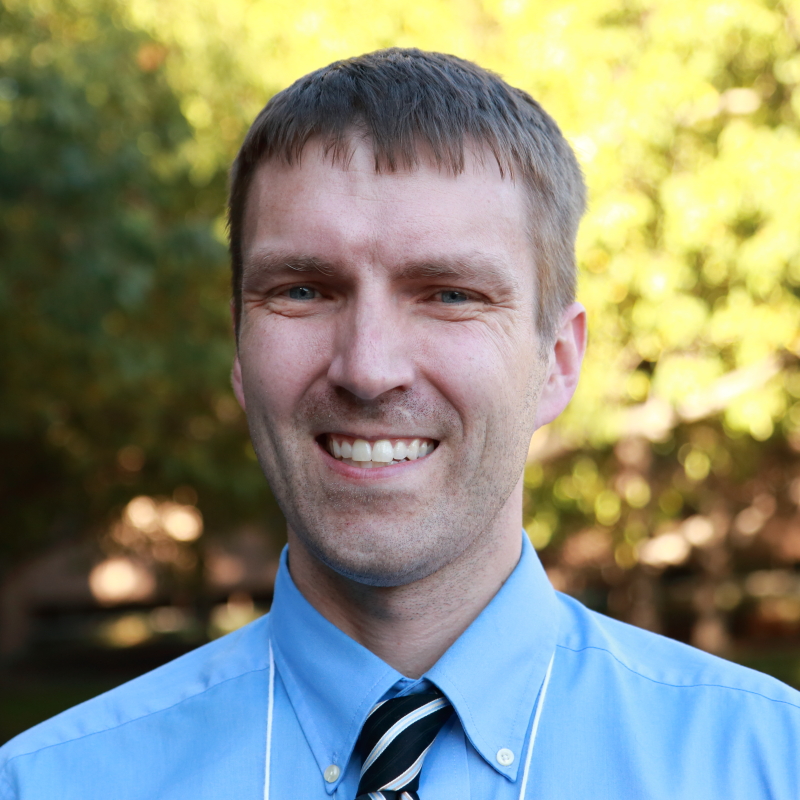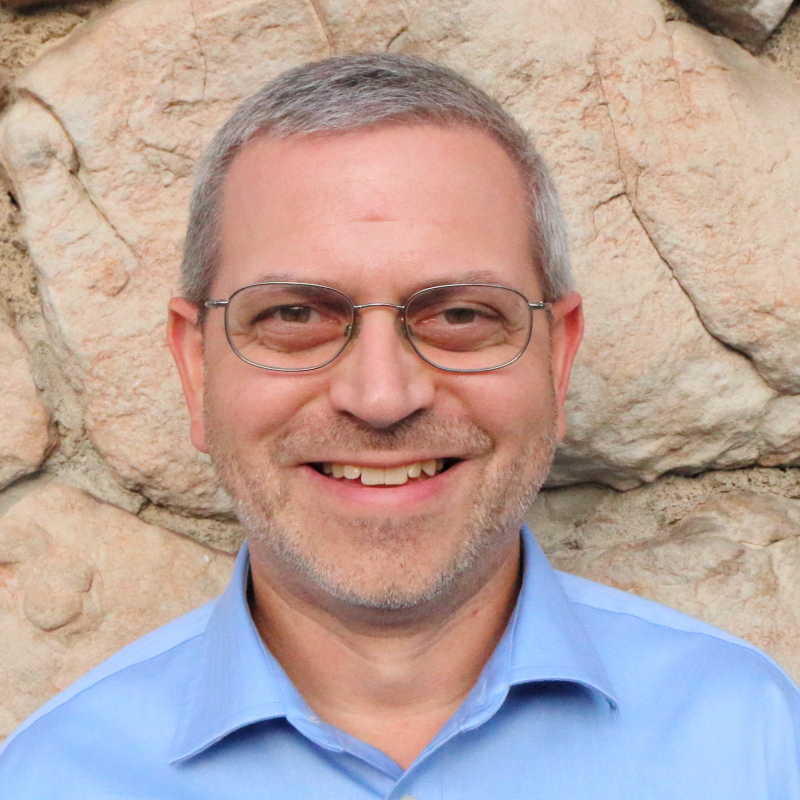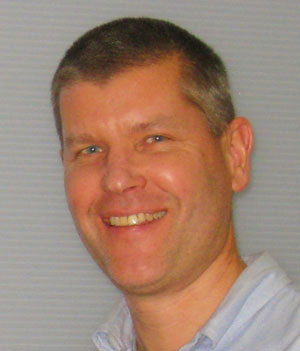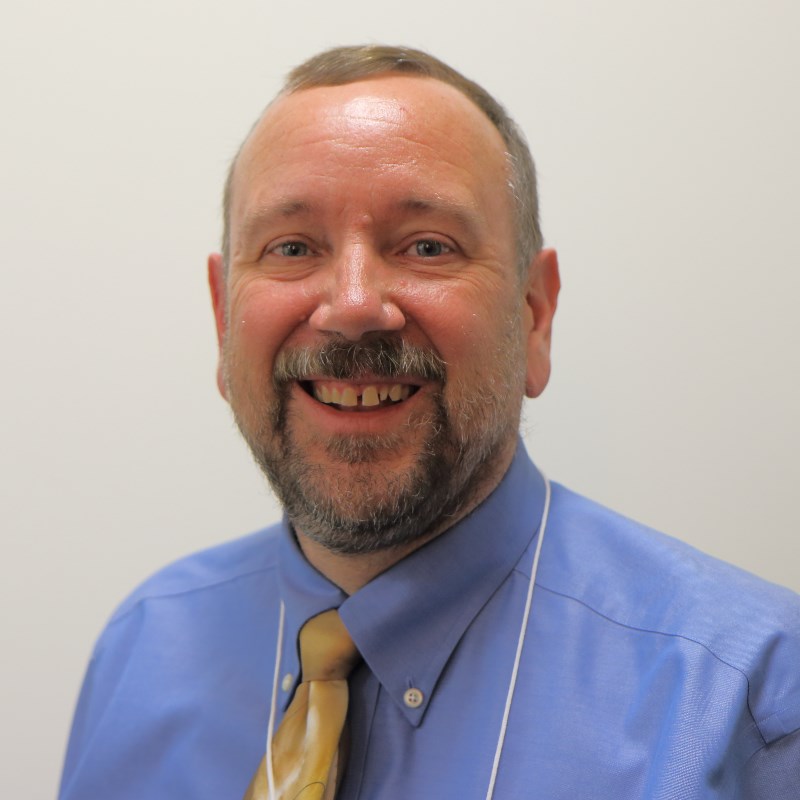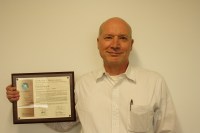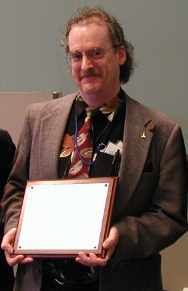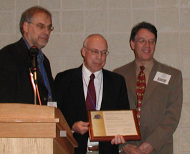2007 Desouza Awardee
 James T. Moore
James T. Moore
1952-2006
James T. Moore, St. Louis University
The Russell L. DeSouza Award honors “individuals whose energy, expertise, and
active
involvement enable the Unidata Program to better serve the geosciences.”
Professor James Moore, St. Louis University (posthumous) received the 2007 DeSouza
Award at
the AMS annual meeting on January 18, 2007. Jim was recognized for efforts
and contributions through the years that truly reflect the goals and ideals
of the Unidata program.
Jim served on the Users' committee as the IDD became the backbone of Unidata's data
delivery
system. Jim struggled with the technology, but supported its premise even though
SLU had technology issues that delayed full participation in the IDD until
several years later. Jim often spoke his mind as a user of Unidata software,
asking how it would help him in teaching and research.
As a Policy Committee member, Jim served with distinction as its liaison to the
Users Committee.
Throughout his tenure on Unidata committees, Jim was always willing (and eager)
to provide a contextual pun to liven up a long day of meetings. Jim continued
to serve Unidata and began entraining other faculty at SLU into Unidata and
its products. Jim's long association with Unidata enriched its community and
Program Center.
Jim used the fruits of Unidata's labor to bridge the gap between the meteorology in
the classroom
and the weather happening on the other side of the classroom window. Of the
Ph.D. students who worked under Jim, nearly all of them are former or current
professors of synoptic meteorology, who use Unidata products in their classrooms
and labs, thereby continuing his profound legacy to new generations of students.
Throughout his tenure on Unidata committees, Jim was always willing (and eager) to
provide
a contextual pun to liven up a long day of meetings. Jim continued to serve
Unidata and began entraining other faculty at SLU into Unidata and its products.
SLU is now entrenched in the Unidata world, relying on the IDD and
Unidata-supported
software in teaching and research.
Jim probably felt that everyone serving on Unidata's committees with him was more
deserving
of the DeSouza award than he; he felt that he was just an old-fashioned synoptic
meteorologist. To those he left behind as colleagues, students, and friends,
he was so much more. As such, we must respectfully disagree with his
self-assessment
there is no one more deserving of this prestigious award.
Unidata is eternally thankful to Jim for these and many other activities that have
had a lasting
impact on our community.
Questions About the Desouza Award?
Questions or comments about the Desouza Award can be sent to:
support@unidata.ucar.edu

 The
Russell L. DeSouza Award honors individuals whose energy, expertise, and
active involvement enable the Unidata Program to better serve geoscience. Honorees
personify Unidata's ideal of a community that shares data, software, and ideas
through computing and networking technologies.
The
Russell L. DeSouza Award honors individuals whose energy, expertise, and
active involvement enable the Unidata Program to better serve geoscience. Honorees
personify Unidata's ideal of a community that shares data, software, and ideas
through computing and networking technologies.
